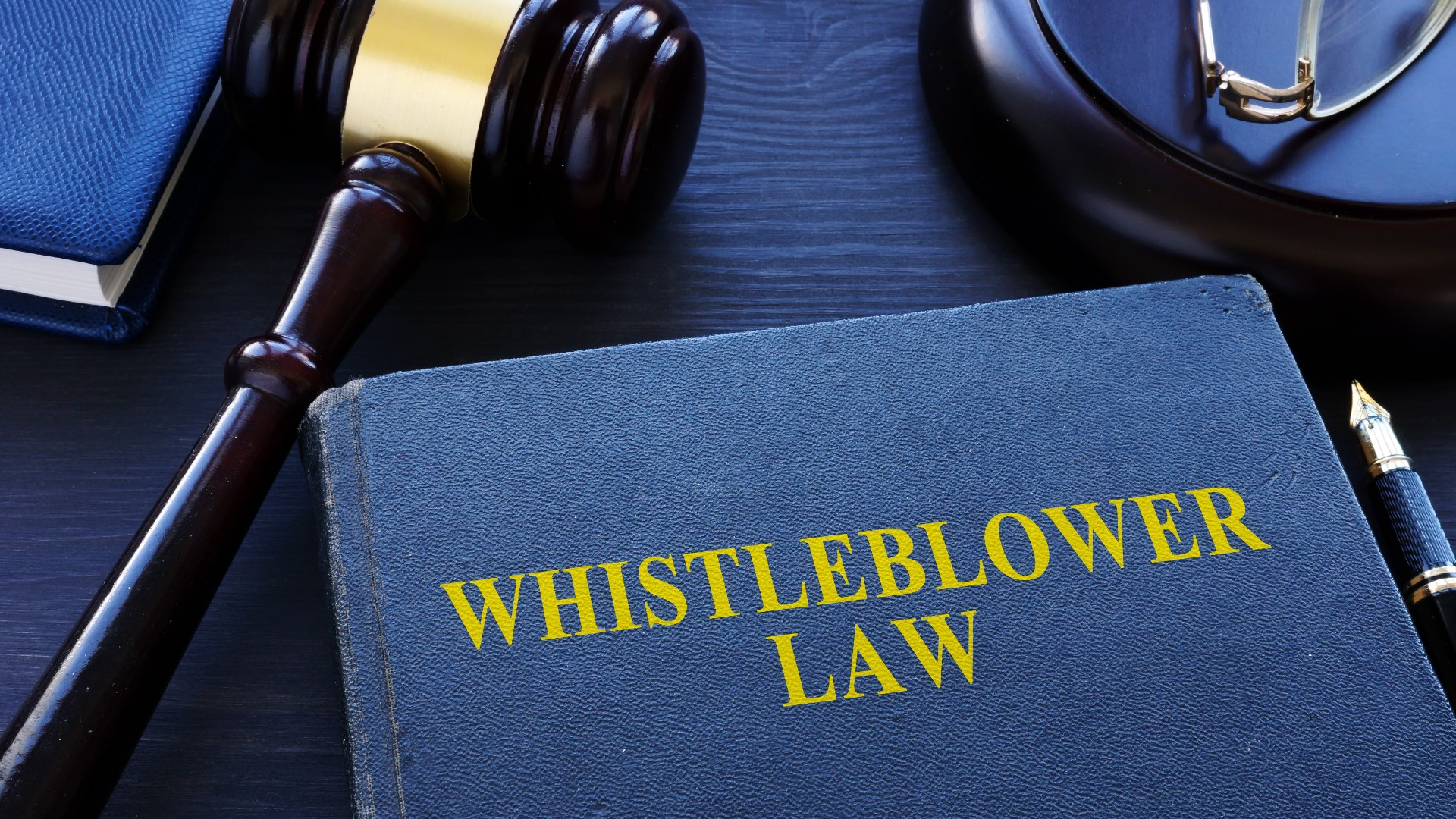SACRAMENTO, Calif. — News from Washington surrounding whistleblower complaints has left many Californians asking what protections exist for those who wave a red flag on suspected corruption.
It turns out, California has strict, well-defined laws that protect whistleblowers in both the public and private workplaces.
Most of the laws concern retaliation from employers. Employers are mandated to prominently display a list of employees' rights and responsibilities under whistleblower laws, including the telephone number of the whistleblower hotline. That hotline is 800-952-5225. It allows the whistleblower to speak with someone with the Attorney General's office, who can then direct them to the proper department.
RELATED:
The majority of protections are outlined in California Labor Code Section 1102.5. They include the following:
- An employer may not make, adopt or enforce any rule, regulation or policy preventing an employee from being a whistleblower.
- An employer may not retaliate against an employee who is a whistleblower.
- An employer may not retaliate against an employee for refusing to participate in an activity that would result in a violation of a state or federal statute, or a violation or noncompliance with a state or federal rule or regulation.
- An employer may not retaliate against an employee for having exercised his or her rights as a whistleblower in any former employment.
So, what is a whistleblower? According to California whistleblower laws, a "whistleblower" is an employee who discloses information to a government or law enforcement agency, or person with authority over the employee where the employee has reasonable cause to believe that the information discloses:
- A violation of a state or federal statute.
- A violation or noncompliance with a local, state or federal rule or regulation, -or-
- With reference to employee safety or health, unsafe working conditions or work practices in the employee's employment or place of employement.
So, what counts as retaliation? Many things can be considered retaliation. It can be as drastic as termination of employment or more subtle forms of retaliation such as demotion, failure to promote, or denial of access to training or resources.
Californians are protected by whistleblower laws even if it turns out there was no violation of the law. The whistleblower only needs to reasonably believe a violation of the law occurred.
Anyone who is protected by the whistleblower laws can file a claim and seek damages if they feel they've been retaliated against.
Continue the conversation with Mike on Facebook.
FREE ABC10 APP:
►Stay In the Know! Sign up now for ABC10's Daily Blend Newsletter



